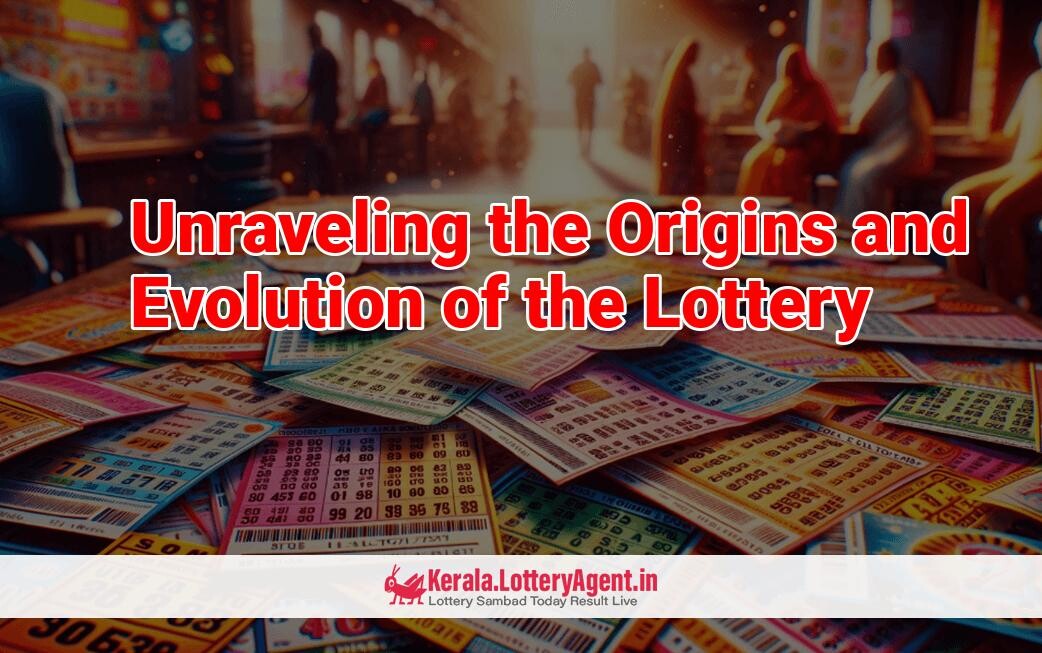
For enthusiasts fascinated by the lottery, its origins hold an intriguing past that spans over two millennia. This comprehensive guide traces the lineage of the lotto from antiquity to the digital age, offering a glimpse into how the game has transformed and endured through centuries.
The earliest known lotteries were akin to keno or involved predicting statistical data. Notably disparate from today’s versions, these initial forays into number-based games laid the foundation for what would become a global phenomenon.
Delving into the chronicles of the lottery reveals that its inception dates back more than 2,000 years to ancient China. The Western Han Dynasty presided over the first recorded lotto, dubbed the “white pigeon game”—a precursor to modern keno. Interestingly, the game’s results were disseminated through white pigeons, which carried the winning numbers to remote regions. A portion of these early lotteries’ proceeds is believed to have contributed to the construction of the Great Wall, an enduring icon of Chinese heritage.
In Ancient Greece, democracy was literally left to chance as citizens employed a randomizing device called the kleroterion to select leaders. Greeks posited that such methods were incorruptible, ensuring equality in the selection process. Meanwhile, the Roman elite partook in lotteries during feasts, with prizes generously distributed by hosts—although there’s a suspicion these events favored the affluent or those close to power.
The tradition permeated Roman society under Cesar Augustus, who initiated public lotteries using war spoils as prizes. The funds thus accumulated were reinvested into Rome’s vast urban development projects.
It was not until the Middle Ages that “lottery” obtained its nomenclature, courtesy of the Dutch and Belgians in the 15th century. The concept spread like wildfire across Europe, finding firm footing in cities like Venice, Rome, and Florence. Governments capitalized on lotteries as a straightforward revenue source, earmarking proceeds for infrastructure and public works. From cash to lavish goods, prizes were diverse and enticing, sometimes offered in private lotteries.
Queen Elizabeth I stepped into the annals of lottery history by launching a national lottery in 1569 for the “interest of the public.” Though expensive, tickets offered a bounty of prizes, including luxurious linens, tapestries, and cold hard cash—with Her Majesty herself selecting the victors from 10,000 possible rewards.
Lotteries gained momentum in France during the 17th century, with towns pooling their resources to fund fortifications. A blindfolded child signified fairness as the bearer of winning numbers. Noticing the potential, King Louis XVI initiated a state monopoly on lotteries, a practice that persisted until the 1836 cessation due to concerns over exploitation. However, the national lottery resurfaced in the 1930s.
Portugal’s 18th-century Loteria Clasica, intended for public benefit, enabled the construction of landmark institutions in Lisbon, such as the Royal Academy of Sciences and the Royal Hospital. Spain’s El Gordo, synonymous with “the fat one,” underscores the magnitude of its main prize. Since 1812, its Christmas draw has become an indelible Spanish tradition, with early drawings featuring gold pots and orphaned youths picking numbers.
The United States saw its first lottery in 1655, with participants estimating the sales of Bibles in New York. Various colonies dabbled in lotteries, including Massachusetts. The Continental Congress even utilized the format in 1776 to support the Revolution.
Today, lotteries have reached a near-universal status with regional, state, national, and continental variants proliferating. The internet has democratized access to lotteries globally, allowing enthusiasts to participate across borders. America hosts the gigantic Powerball and MegaMillions, while Europe boasts national treasures like the Germany Lotto and the transnational EuroMillions and EuroJackpot. Asia and Australia have their share of celebrated games, offering unique formats and opulent jackpots.
Regarding modern lottery types, entities planning to run such games must obtain proper licensing from government bodies. While some lotteries are state-run, others operate privately. Players may engage in both traditional outlets and online platforms, each presenting a distinct mode of ticket acquisition.
It’s worth noting that not all nations embrace lotteries, with various governments prohibiting them due to cultural or religious opposition. In Islam, for instance, lotteries are considered ‘haram,’ leading to bans in certain Muslim-majority countries.
Contemplating the future, it’s likely lotteries will continue to evolve alongside technology and society. From their humble beginnings to their current international status, lotteries consistently support public interests and offer universal excitement. Whether a seasoned player or new to the game, countless lotto experiences await, promising the thrill of chance in the tradition of centuries past.











